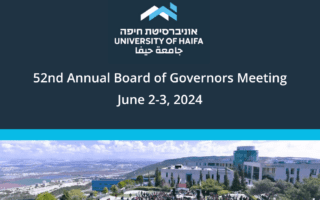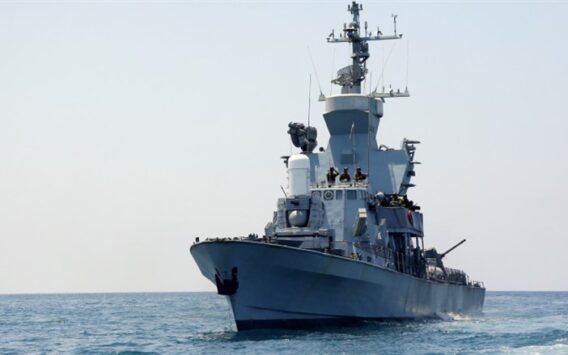Israel National News Staff | September 21, 2022
Israel National News
The current deal negotiated between Lebanon and Israel over its shared maritime border will likely benefit both parties, said Prof. Rear Admiral (Ret.) Shaul Chorev, head of the Maritime Policy and Strategy Research Center at University of Haifa.
“If this deal goes through it carries mutual benefit. As for Lebanon, it would clear the way for exploration in Lebanon’s promising southern waters and as soon as Lebanon will start producing gas from this area, it will have something to lose and it will think twice before provoking Israel,” Prof. Chorev said.
“As for Israel, it is compromising with Lebanon in order to see that the deal goes through and some more stability is brought to the region.”
Prof. Chorev’s comments come amid Prime Minister Yair Lapid’s declaration that Israel will extract gas from the Karish field with or without a deal, despite Hezbollah’s threats. Earlier this week, Hezbollah Chief Hassan Nasrallah said it is ready to attack Karish if Israel goes through with the extraction.
A deal, then, he explained, may be able to successfully quell Hezbollah’s rhetoric against Israel as Lebanese public opinion is in favor of the deal which could enable Lebanon to explore its own gas options within that border — a move that may give the Lebanese economy the shot in the arm it desperately needs.
“We are talking about 860 sq. km of waters, between the southern boundary of the Lebanese claim, and the boundary Israel sought to draw to the north,” Prof. Chorev said of the disputed territory. “As far as Israel is concerned, the Karish field – the one from which Israel is preparing to extract gas soon – lies far to the south in Israeli waters and is not up for negotiation. However, the new Lebanese claim would put the northern half of Karish in Lebanese maritime territory, turning the field into a source of dispute. This is nothing to be alarmed about and it can be associated with a Middle Eastern bargaining tactic.”
“What we’re seeing now is pressure from the Lebanese side via Hezbollah and Israel with Lapid’s statement showing that we will not bow down to pressure,” he concluded.
Still, Israel has delayed excavating from Karish for a short period of time, possibly because it feels beholden to seeing the talks through until any further action is taken.



